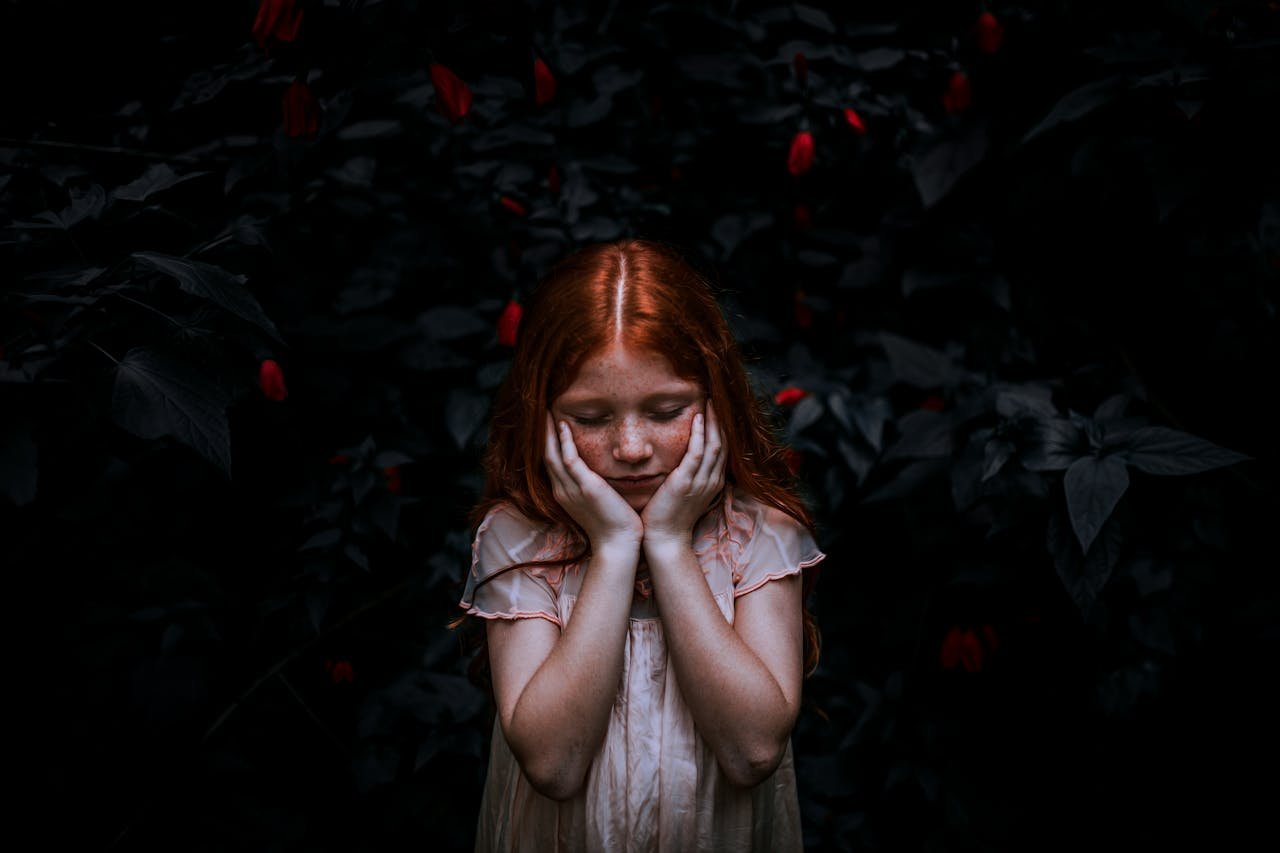3 Unmet Childhood Needs & How They Impact Relationships
It may come as no surprise, but the care we receive as children shape our future experiences and relationships. Those who had their emotional and physical needs met during childhood are well-positioned for secure attachments and healthy relationships in adulthood. However, those who endure family turmoil, violence, unstable living conditions, abandonment, betrayal, neglect, or abuse are often caught in patterns where their childhood needs are unmet.
Unhealthy growing-up experiences leave holes in a child’s emotional and behavioral development. These holes often remain even into adulthood and can affect every facet of life, including romantic partnerships.
The unmet needs of childhood can create toxic patterns when picking partners. Unconsciously, we choose partners that act similarly to our caregivers, and if those caregivers were toxic, the resulting relationships will reflect that.
Let’s look at three unmet childhood needs and how they impact relationships.
Validation and Approval
Children who grew up with caregivers who were detached may struggle with unmet needs. In future relationships, it will cause them to need constant approval from others. This can also occur if a parent or caregiver didn’t know how to express their feelings appropriately or were unpredictable. As those children grow into adulthood, this can manifest in searching for validation from external sources rather than an internal feeling of self-worth.
In many cases, this can lead to people-pleasing, codependency, or a rescuer/victim dynamic in relationships. Because the person doesn’t feel good enough or worthy, they try to seek approval and validation constantly. They can feel the desire to have someone fix or save them or overcompensate for their feeling of a lack of safety by controlling their relationships.
It’s common for someone with validation issues to avoid telling someone no. An example of this would be putting more on your plate or your schedule than you can handle. When there’s a constant need to do more and please people, it can lead to anxiety, worry, stress, or depressive symptoms for adults.
Because the need for validation is sought in external relationships, the internal dialog is one of worthlessness and self-loathing. These feelings can lead to manipulation or controlling behavior.
Security
It’s no real secret that people feel safe and secure when they feel protected from any type of danger. When someone grows up without a parent or caregiver protecting them, they might look for a relationship with a partner who can fill that void. This can turn into them having immense fear of losing their partner. This can sometimes lead to them being controlling, insecure, or even clingy.
Someone who grew up feeling abandoned by their caregivers can struggle to feel safe and secure with anyone. An example of this could be someone who is in a safe and happy relationship but feels the need to alienate or push away their partner.
Love
When a caregiver is self-absorbed, abusive, critical, or neglectful, it can cause a child to feel invalidated. Or make them feel as if they aren’t good enough. As an adult, this can manifest itself as a person seeking pathological romantic relationships. This will be done to meet their need for the love they didn’t receive as a child.
This lack of love in childhood can cause someone not to understand what love is. Someone might confuse sex as intimacy, abuse as a form of connection, or codependency as the only expression of love. This can lead to depression, low self-worth, and even substance abuse.
The good news is that even if you had unmet needs in childhood, you can break unhealthy patterns of behavior and maladaptive attachment styles. Recognition is the first step toward healing. The next step is to work with a licensed therapist. Reach out today to schedule your first appointment for couples therapy.

